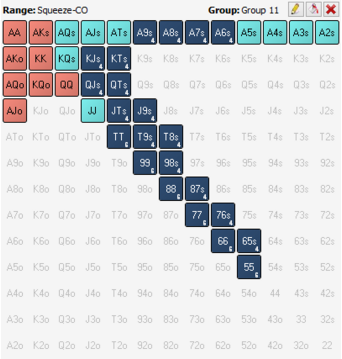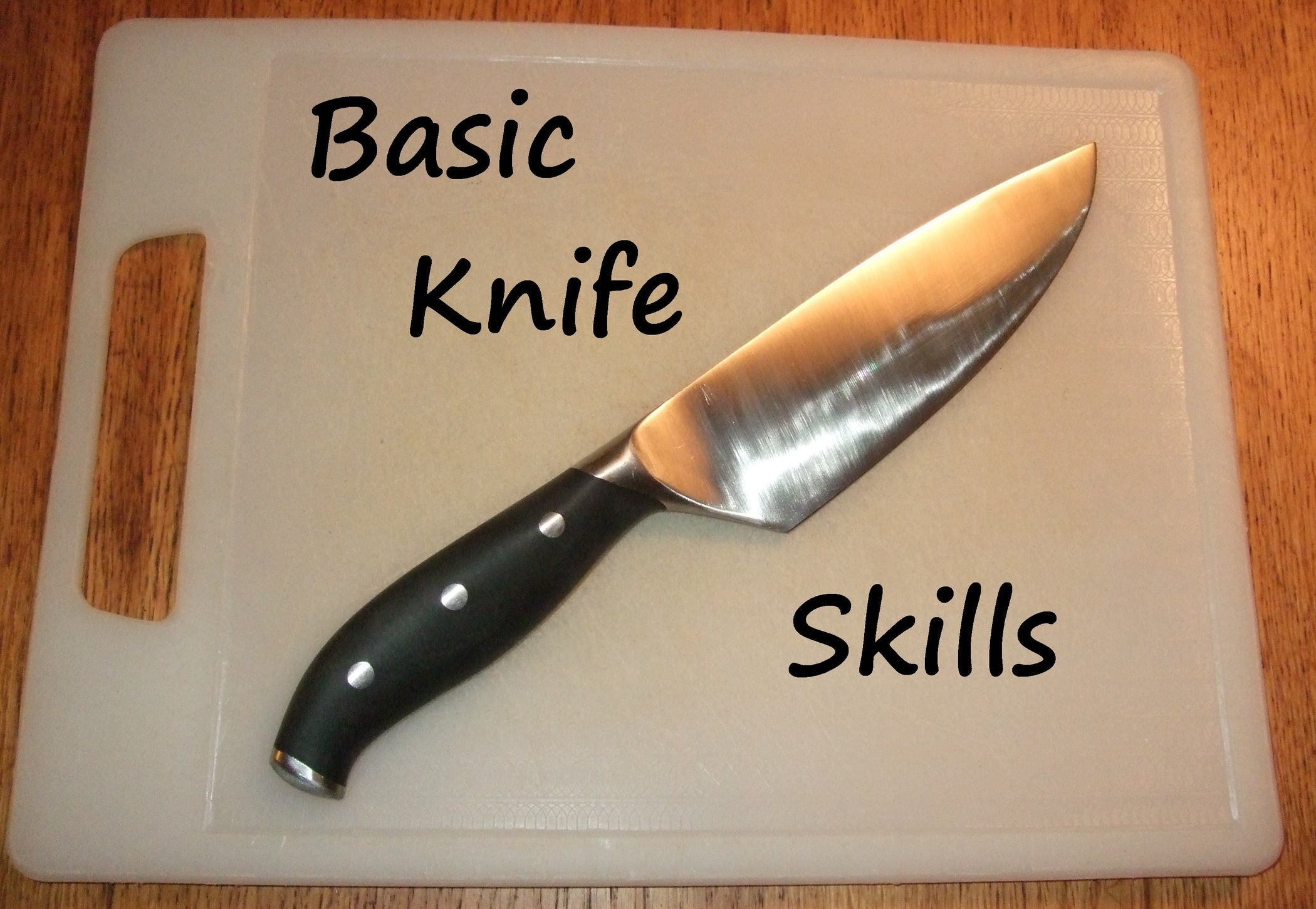
Will Phil Ivey Ever Play Poker in Las Vegas Again? Pokerstars' Q4/2018 Poker Revenues Drop Over 10% From Year Before. Partypoker Signs Ryan 'schoonbaert' Schoonbaert To 'Team Online' 'The Ivey Room' at the Aria Renamed to 'Table 1' Run It Up Reno VIII Schedule Released. Full Tilt Poker's Demise Left a Trail of Debts That Will Likely Never Be Repaid. Collusion – The term 'collusion' refers to a type of cheating where 2 or more players secretly work together to win chips off other unsuspecting players. Colouring Up - Changing lots of low denomination chips for a smaller amount of higher denomination chips. The cutoff is the nickname for the player in the seat to the right of the dealer button position in a game of poker. It is the second-best position in a hand of poker. It's also known as the cutoff seat or cutoff position and may be abbreviated as CO. Origins of the Poker Nickname Cutoff. Poker Terms - Common Phrases and Acronyms. In poker, there is practically a library of poker terms that are commonly used. For the uninitiated, these terms can sound like a completely different language, when a poker player says, 'I flopped a belly buster on a rainbow board', when they are really saying that they have an inside straight draw, after the dealer dealt the first three cards, all.

Position in poker refers to the order in which players are seated around the table and the related poker strategy implications. Players who act first are in 'early position'; players who act later are in 'late position'; players who act in between are in 'middle position'.[1] A player 'has position' on opponents acting before him and is 'out of position' to opponents acting after him.[2] Because players act in clockwise order, a player 'has position' on opponents seated to his right, except when the opponent has the button and certain cases in the first betting round of games with blinds.
Cut Off Poker Terms

Position in Texas hold 'em[edit]
The primary advantage held by a player in late position is that he will have more information with which to make better decisions than players in early position, who will have to act first, without the benefit of this extra information. This advantage has led to many players in heads-up play raising on the button with an extremely wide range of hands because of this positional advantage.[3] Also, as earlier opponents fold, the probability of a hand being the best goes up as the number of opponents goes down.
The blinds are the least desirable position because a player is forced to contribute to the pot and they must act first on all betting rounds after the flop. Although the big blind has a big advantage on the first round of betting, it is on average the biggest money losing position.[citation needed]
Jugar poker online gratis con amigos. Free poker - free online poker games. 247 Free Poker has free online poker, jacks or better, tens or better, deuces wild, joker poker and many other poker games that you can play online for free or download. Easy no-download video poker! Jacks or Better, Bonus, Double Double, Deuces, Joker Poker, total of 17 variations plus perfect play trainer.
Texas hold 'em example[edit]
There are 10 players playing $4/$8 fixed limit. Alice pays the $2 small blind. Bob pays the $4 big blind. Carol is under the gun (first to act). If Carol has a hand like K♥ J♠, she may choose to fold. With 9 opponents remaining to act, there is approximately a 40% chance that at least one of them will have a better hand than Carol's like A-A, K-K, Q-Q, J-J, A-K, A-Q, A-J or K-Q. And even if no one does, seven of them (all but the two players in the blind) will have position on Carol in the next three betting rounds.
Now instead, suppose David in the cut-off position (to the right of the button) has the same K♥ J♠ and all players fold to him. In this situation, there are only three opponents left to act, so the odds that one of them has a better hand are considerably less (only around 16%). Secondly, two of those three (Alice and Bob) will be out of position to David on later betting rounds. A common play would be for David to raise and hope that the button (the only player who has position on David) folds. David's raise might simply steal the blinds if they don't have playable hands, but if they do play, David will be in good shape to take advantage of his position in later betting rounds.
See also[edit]
References[edit]
- ^'Poker Tables'. Carbon Poker. Retrieved 3 June 2014.
- ^'Poker Position'. CardsChat. Retrieved 3 June 2014.
- ^Badger, Steve. 'Changing Position in Poker'. Steve Badger Poker Strategy. Retrieved June 29, 2017.
External links[edit]

Will Phil Ivey Ever Play Poker in Las Vegas Again? Pokerstars' Q4/2018 Poker Revenues Drop Over 10% From Year Before. Partypoker Signs Ryan 'schoonbaert' Schoonbaert To 'Team Online' 'The Ivey Room' at the Aria Renamed to 'Table 1' Run It Up Reno VIII Schedule Released. Full Tilt Poker's Demise Left a Trail of Debts That Will Likely Never Be Repaid. Collusion – The term 'collusion' refers to a type of cheating where 2 or more players secretly work together to win chips off other unsuspecting players. Colouring Up - Changing lots of low denomination chips for a smaller amount of higher denomination chips. The cutoff is the nickname for the player in the seat to the right of the dealer button position in a game of poker. It is the second-best position in a hand of poker. It's also known as the cutoff seat or cutoff position and may be abbreviated as CO. Origins of the Poker Nickname Cutoff. Poker Terms - Common Phrases and Acronyms. In poker, there is practically a library of poker terms that are commonly used. For the uninitiated, these terms can sound like a completely different language, when a poker player says, 'I flopped a belly buster on a rainbow board', when they are really saying that they have an inside straight draw, after the dealer dealt the first three cards, all.
Position in poker refers to the order in which players are seated around the table and the related poker strategy implications. Players who act first are in 'early position'; players who act later are in 'late position'; players who act in between are in 'middle position'.[1] A player 'has position' on opponents acting before him and is 'out of position' to opponents acting after him.[2] Because players act in clockwise order, a player 'has position' on opponents seated to his right, except when the opponent has the button and certain cases in the first betting round of games with blinds.
Cut Off Poker Terms
Position in Texas hold 'em[edit]
The primary advantage held by a player in late position is that he will have more information with which to make better decisions than players in early position, who will have to act first, without the benefit of this extra information. This advantage has led to many players in heads-up play raising on the button with an extremely wide range of hands because of this positional advantage.[3] Also, as earlier opponents fold, the probability of a hand being the best goes up as the number of opponents goes down.
The blinds are the least desirable position because a player is forced to contribute to the pot and they must act first on all betting rounds after the flop. Although the big blind has a big advantage on the first round of betting, it is on average the biggest money losing position.[citation needed]
Jugar poker online gratis con amigos. Free poker - free online poker games. 247 Free Poker has free online poker, jacks or better, tens or better, deuces wild, joker poker and many other poker games that you can play online for free or download. Easy no-download video poker! Jacks or Better, Bonus, Double Double, Deuces, Joker Poker, total of 17 variations plus perfect play trainer.
Texas hold 'em example[edit]
There are 10 players playing $4/$8 fixed limit. Alice pays the $2 small blind. Bob pays the $4 big blind. Carol is under the gun (first to act). If Carol has a hand like K♥ J♠, she may choose to fold. With 9 opponents remaining to act, there is approximately a 40% chance that at least one of them will have a better hand than Carol's like A-A, K-K, Q-Q, J-J, A-K, A-Q, A-J or K-Q. And even if no one does, seven of them (all but the two players in the blind) will have position on Carol in the next three betting rounds.
Now instead, suppose David in the cut-off position (to the right of the button) has the same K♥ J♠ and all players fold to him. In this situation, there are only three opponents left to act, so the odds that one of them has a better hand are considerably less (only around 16%). Secondly, two of those three (Alice and Bob) will be out of position to David on later betting rounds. A common play would be for David to raise and hope that the button (the only player who has position on David) folds. David's raise might simply steal the blinds if they don't have playable hands, but if they do play, David will be in good shape to take advantage of his position in later betting rounds.
See also[edit]
References[edit]
- ^'Poker Tables'. Carbon Poker. Retrieved 3 June 2014.
- ^'Poker Position'. CardsChat. Retrieved 3 June 2014.
- ^Badger, Steve. 'Changing Position in Poker'. Steve Badger Poker Strategy. Retrieved June 29, 2017.